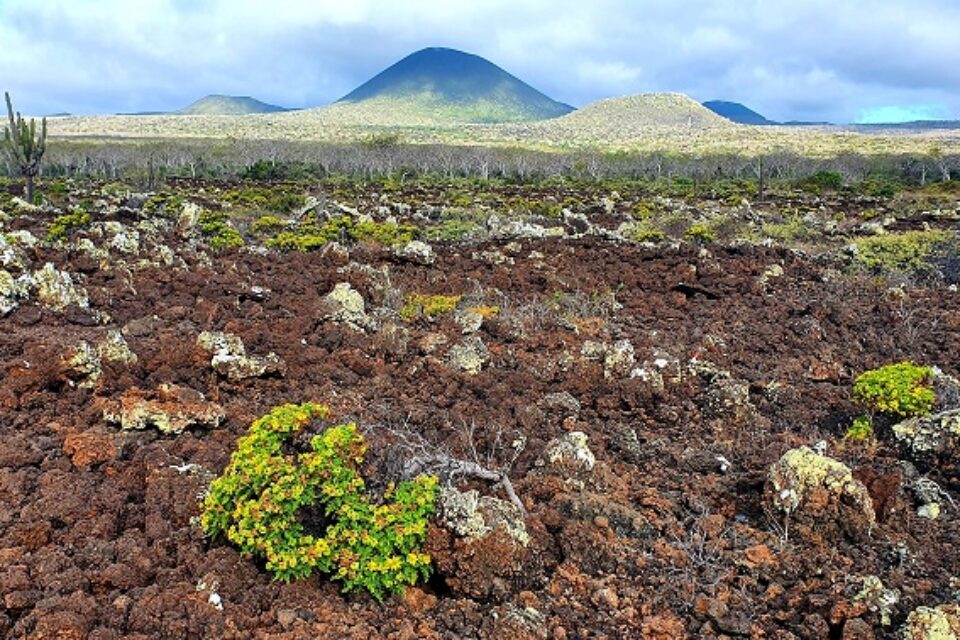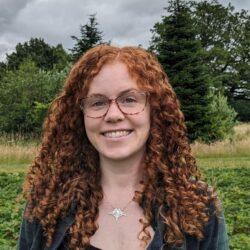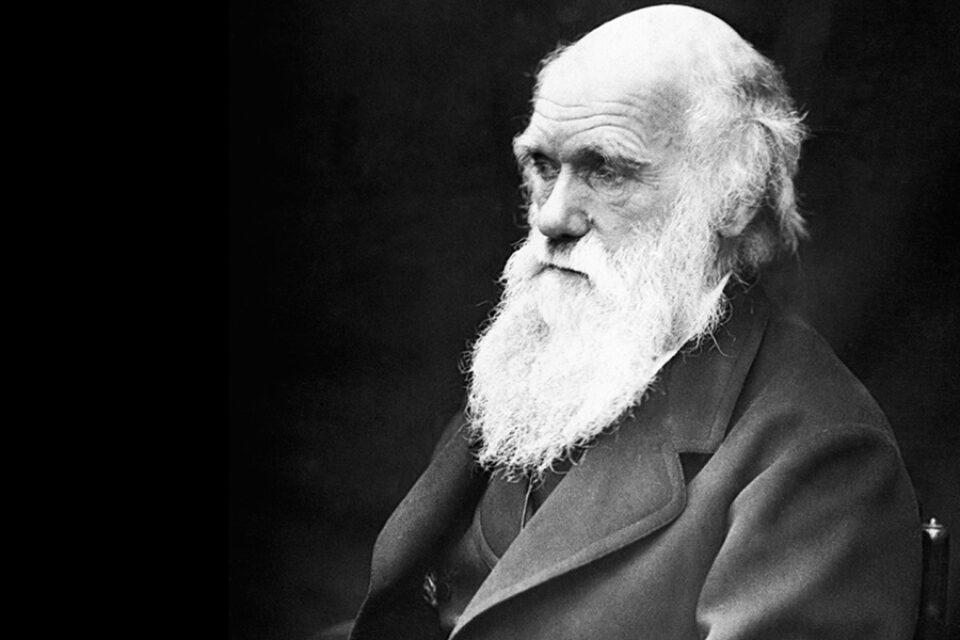

Co-Galapagos: Community-led sustainable development
During a recent visit to Galapagos, the GCT team participated in two workshops to develop the next stage of the Co-Galapagos project, which is driving community-led sustainable development initiatives on the Islands.
In March, a small group of GCT staff visited Galapagos for a variety of workshops, meetings and project visits, after attending the Our Ocean Conference in Panama. I was fortunate to be one of those staff – and it was also my first time on the Enchanted Isles! I knew the wildlife would blow me away (and it did), and, having worked for GCT for five years, I had a good understanding of the passionate leadership in the local community for conservation and sustainable development initiatives. However, I feel very privileged to have now met so many of these dedicated practitioners, researchers and activists in person, and to have seen their drive to protect their home and the wellbeing of their community.
The team at local NGO Fundación un Cambio por la Vida (FUNCAVID), who we partner with to deliver our Co-Galapagos project, is an exemplar of this drive, led by their president Daniel Proaño. There are a number of pressing socioeconomic issues in Galapagos, many intrinsically linked with biodiversity loss or threats, and the local community previously prioritised several development themes to address (by contextualising the UN’s Sustainable Development Goal targets), including gender equality, food security, education and safe drinking water.
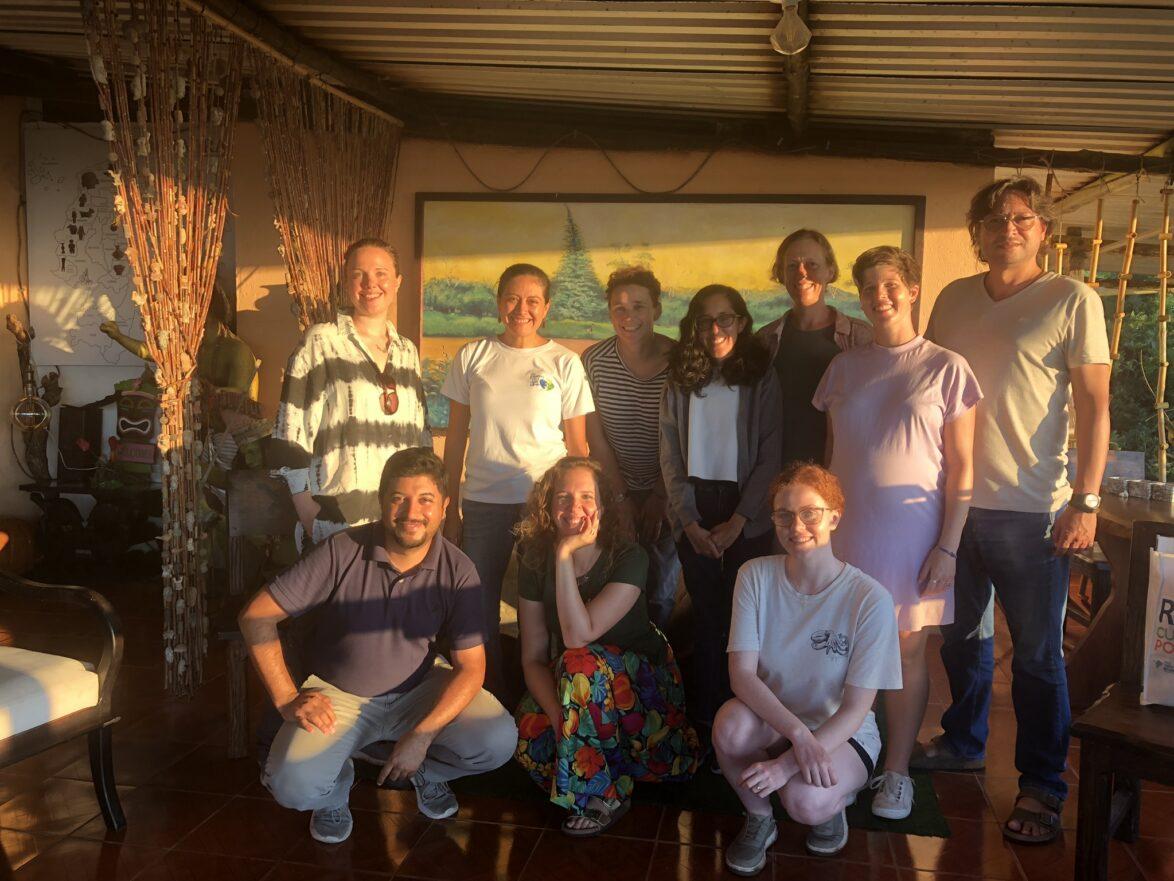
Co-Galapagos, co-founded by Daniel and Dr Sophia Cooke (Kings College, University of Cambridge), was born in 2021 out of the need to support community-led projects that progress sustainable development, not only empowering project leaders but ensuring locally accepted solutions are developed and connected with policy makers. Key to our Co-Galapagos project is exploring sustainable funding opportunities for local projects, including enabling tourists to directly support local projects (you can see those we are currently fundraising for here). We are also improving employment prospects for young adults via the (now very popular) Co-Galapagos internship scheme, where candidates are linked with paid placements on topics they are interested in.
We are looking now at what we have achieved so far and where we want the project to go next, and an important goal of our visit to Galapagos was to undertake workshops with the Co-Galapagos project team. The first one looked at our strategy for Co-Galapagos from 2023-2025, working through five key objectives and targets, as well as discussion on how GCT and other interested organisations can most effectively support Co-Galapagos across the range of sustainable development themes that the project tackles. For example, GCT can maximise our impact addressing plastic pollution and circular economy opportunities by directly connecting with community projects, and vice versa.
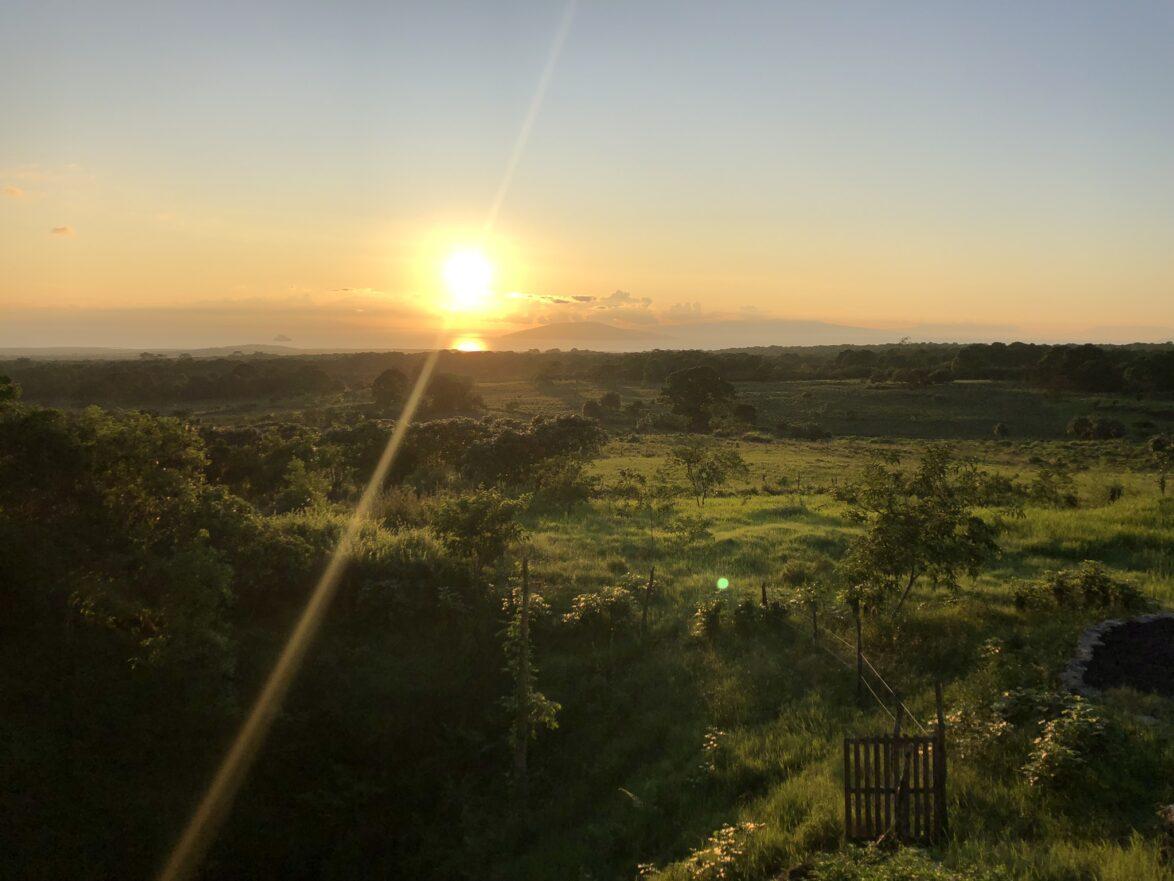
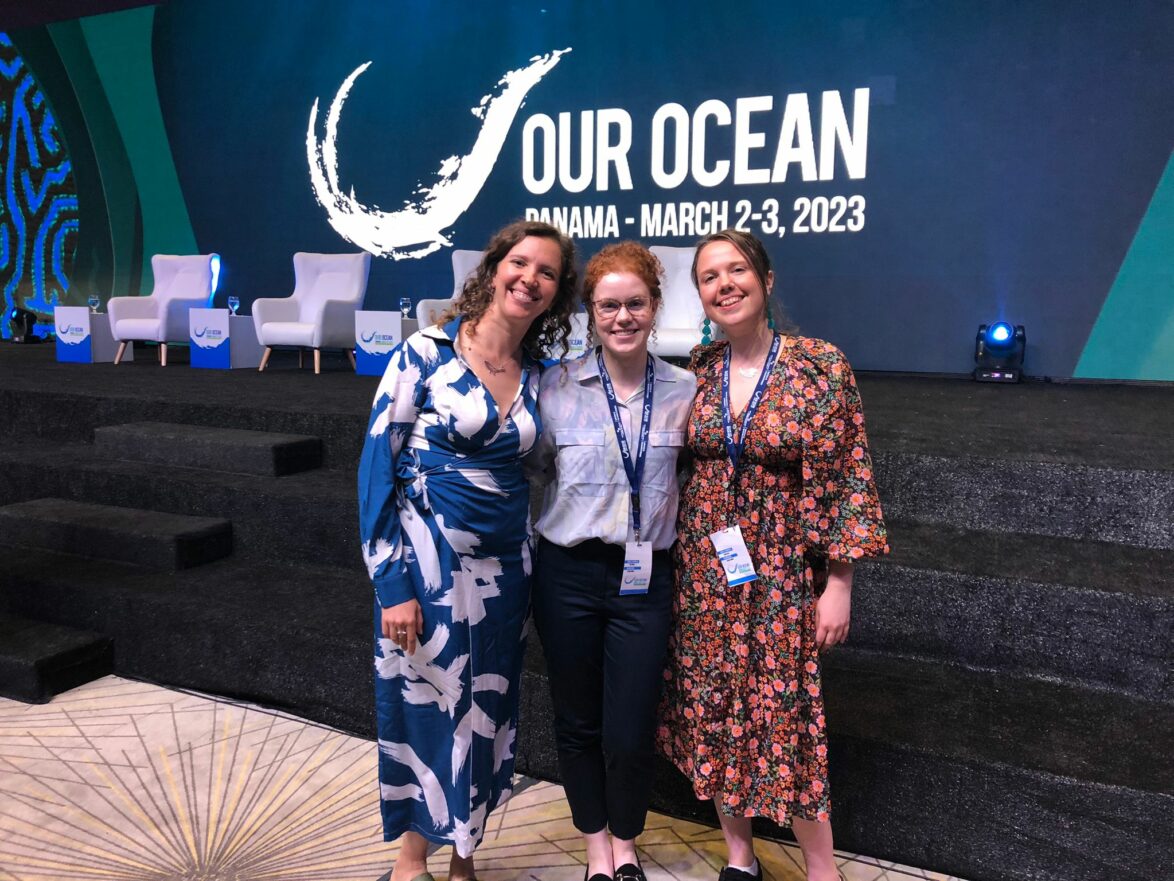
Our Ocean 2023, Panama
The GCT team attended the Our Ocean 2023 conference in Panama, where we presented preliminary results from the last five years of plastic pollution research in Galapagos and the Eastern Pacific.
Following this, in the beautiful highlands of Santa Cruz (and after a quick tour of the nearby lava tunnel!), GCT also participated in a second workshop with FUNCAVID and the Galapagos Hub for Sustainability, Resilience and Innovation – a sister initiative born at the same time as Co-Galapagos which, among other mechanisms, now facilitates a space for connecting community ideas to policy makers. Together, guided by Noémi d’Ozouville using ‘Theory U’ principles, we brainstormed similarities and differences between Co-Galapagos and the Galapagos Hub to determine how they can best complement each other by working in similar spaces but via different activities and areas of expertise.
With the GCT team now back in the UK, we are continuing to build on these workshops with FUNCAVID to design and drive the next phase of Co-Galapagos, making the most of the creativity and inspiration that came from all being together in person for the first time! If you are interested in supporting Co-Galapagos, or specific community projects, you can explore this on the Co-Galapagos website.
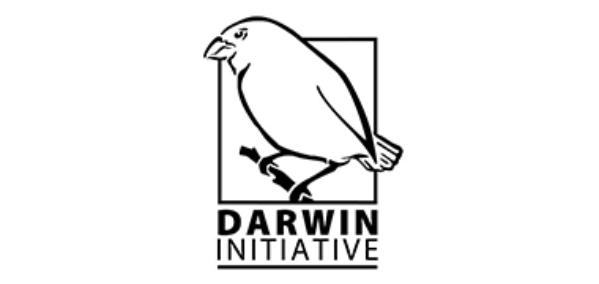
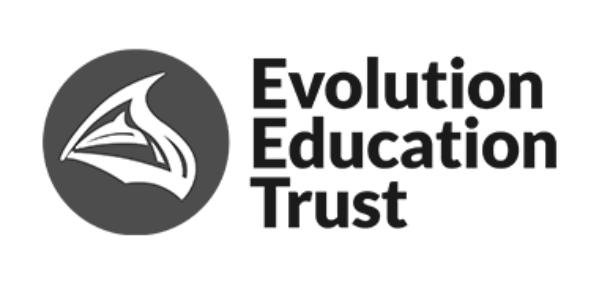
Co-Galapagos is currently funded by the UK Government through Darwin Initiative, also benefitting from recent support from the Evolution Education Trust.
Related articles

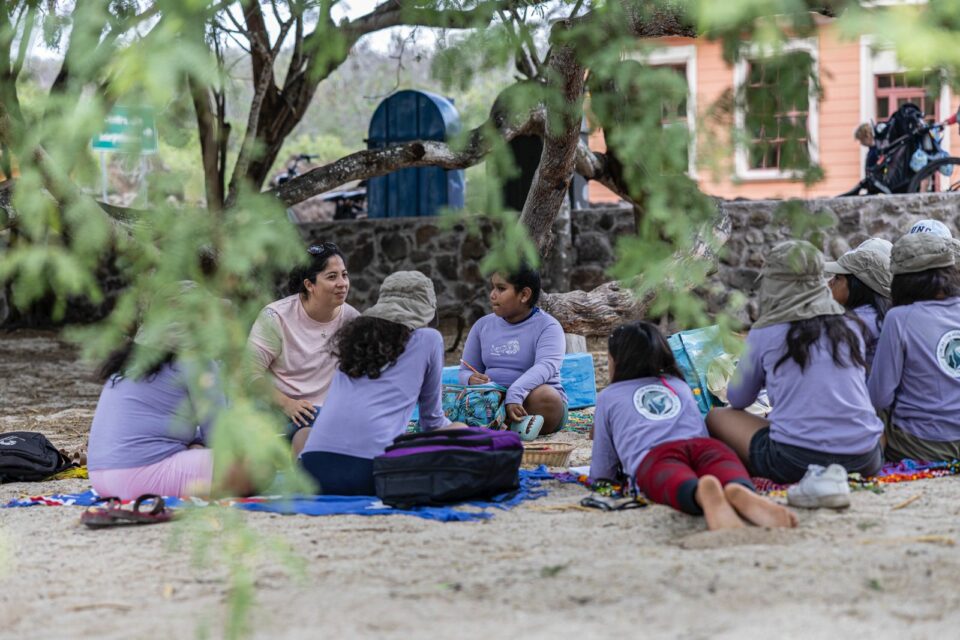
Gills Club: Empowering young women in Galapagos
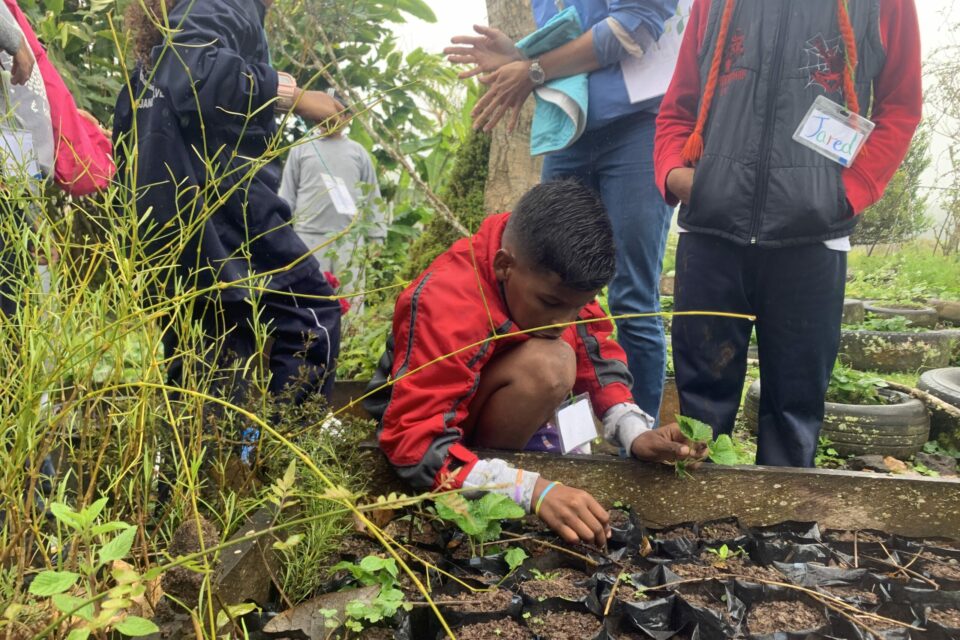
One woman’s mission to connect families with gardening and endemic plant conservation
